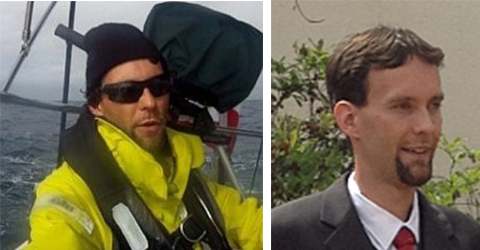!! Due to escalating health concerns relating to the spread of the coronavirus disease (COVID-19), this colloquium is canceled.
The robustness of the phylogeny was verified by inferring genome trees from concatenated marker gene sets using FastTree, IQ-TREE, and ExaML, and through comparisons to single-gene trees. Taxonomic curation followed the rules of the International Code of Nomenclature of Prokaryotes and recent proposals to use genome sequences as type material. From 2,392 archaeal genomes, 16 phyla are described, including 3 phyla from major normalized monophyletic units of the Euryarchaeota, and one phylum resulting from the amalgamation of the TACK superphylum. The taxonomy is publicly available at the Genome Taxonomy Database (GTDB) website.
Christian Rinke is a Research Officer at the Australian Centre for Ecogenomics (ACE), University of Queensland, Australia. He received his PhD in Zoology from the Marine Biology Department at the University of Vienna, Austria and has since shifted his focus to the microbial world.
His research interests include genomics and the phylogeny, taxonomy, and ecology of symbiotic and free living microbes. He focuses in particular on the uncultured majority of microbes which elude current culturing efforts.
Chris pioneered culture-independent methods in high throughput single-cell genomics, the separation and sequencing of single bacterial and archaeal cells, and also employs metagenomics (the direct sequencing of environmental samples) to illuminate microbial dark matter.
